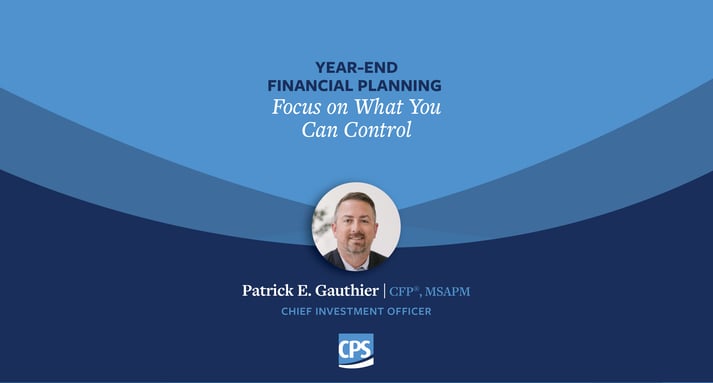The Importance of Long-Term Investing
Today we’ll step away from the political turmoil, pesky inflation, and recession-predicting headlines. While important, they should not drive long-term decision-making. Our three simple examples should serve as a benchmark for how you approach your financial goals. Pulling ourselves out of the day-to-day market complications is necessary to stay on course. Ask yourself whom you resemble most.
Let’s look in on our friend, Consistent Connor. He begins investing $6k per year at the age of 25. True to his name, he does this each year until the age of 65. He happens to prefer a moderate level of risk and earns a consistent 6% annual return. Forty years is a long time to be consistent. Luckily, he doesn’t worry too much about day-to-day, focusing more on how he can reach his annual savings goal. When retirement time arrives, he has amassed just over $984,000. Using a standard 4% withdrawal rate, that would produce approximately $40k/year in income through retirement. Connor didn’t time the market and didn’t buy the hottest IPOs or superfunds from celebrity managers. He kept it simple and consistently worked toward a long-term goal.
Now his neighbor, Late Lucy, was on a different path. She put off financial planning and started investing $6k per year at age 35. When age 65 arrived, at the same 6% rate of return, she had accumulated roughly $502,000. That is close to half the amount that Connor accumulated. One can easily surmise that her income would also be about half of Connor’s, approximately $20k/yr. Reducing your income by 50% in the future is a steep price to pay for missing just 10 early years of investing. Late Lucy will most likely be planning for late retirement.
Connor didn’t come by his investing instincts naturally. He learned through observation. His grandmother, Nervous Nelly, was also a consistent saver. She saved the same $6k per year for 40 years. However, her nerves kept her out of the market, bringing her returns down to 2% annually. How did she fare over a lifetime of “safe” 2% returns? She accumulated $369k. The income from her portfolio amounts to just under $15k/yr. In the years when inflation bites, she must make difficult choices. She and Connor are starting to discuss whether it makes sense for her to live with him, to cut expenses.
I've oversimplified a complex topic, but the point is clear. Financial planning can be simple for some, or far more complex for others. At the end of the day, the same thought process is required. We all need to determine what our financial goals are, and the best path to achieve them. You may believe that current events dictate waiting, or that now is not a good time to invest.
We believe it is. Investing in your future requires a fundamental belief that the economy will continue to function as it does today. That means people will buy food, shelter, and energy. Most will also buy other goods and services to support their lifestyle. In order to buy those things, many will need employment. If you believe those circumstances to be true, there is no better time than now to invest in your future. Our examples took place over 40-year periods. In the real world, you’d be hard-pressed to find a 40-year period that doesn’t include a recession, a stock market crash, a war, or a natural disaster. The most important thing is to start investing today. The sooner you start, the more time your money has to grow.







